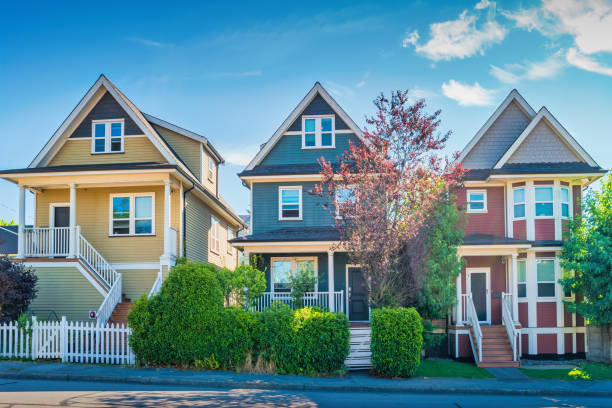Saving Energy
wincity HVAC heating, cooling & appliance repair is aware of our client’s concerns regarding on-going & future running costs.
Due to wincity HVAC’s long term experience in the heating & cooling system installation and maintainance, We have gained invaluable knowledge regarding running costs. When you choose ENERGY STAR qualified heating and cooling products, you know you’re making a smart choice that can significantly reduce your monthly utility costs.
wincity HVAC has been providing solutions in the field of heating, cooling & appliance by Optimizing energy efficiency that helps you save money, use the earth’s limited resources more responsibly, and decrease your carbon footprint. The most important energy-related aspect of your home, especially if you live in a climate of freezing winters or triple-digit summers, is your HVAC system.
The average home’s utility bill is comprised of about 50 percent heating and cooling expenses. That’s why it’s important to do due diligence when you’re looking to replace your HVAC unit. In selecting a system to suit your needs, Windsor HVAC heating, cooling & appliance repair experts will discuss & take into consideration their clients immediate & long term needs regarding running costs.
Our personalized service on installation includes educating the client regarding how to optimize the running of their new system to minimize running costs.

Reducing Carbon Emissions
Most air conditioners run on electricity that is derived from coal-fired power plants, and the burning of fossil fuels is a primary source of the greenhouse gases responsible for global warming. Fortunately, there are many modern technologies that can help reduce HVAC-related carbon emissions by up to 25 percent by 2050, such as active solar thermal units, high-efficiency heat pump systems, and thermal energy storage facilities. Contact Windsor HVAC experts today to understand more of these technologies.
Running Costs
Comparing running costs from different energy providers can be difficult as each provider uses a different measure.
For example;
- Natural gas – cents per cubic metre or mega-joule (mj)
- LPG – dollars per litre (providers do not quote a fixed price as prices can vary frequently similar to petrol)
- Electricity – cents per kilo watt hours (kwh)
What people may not understand is that different technologies can operate at varying efficiencies. For example, a simple electric heater / radiator runs at 100% efficiency whilst a high quality reverse cycle inverter air conditioner can operate at up to 400% efficiency. Therefore costing a quarter of the cost of the standard electric heater / radiator.
Similarly, gas heating systems can have energy efficiencies ranging from 75% to 95% depending upon the system design.
Eco Friendly Appliance Owner
The more eco-friendly Home appliances we have in our homes, the better and healthier our world will be for our children and grandchildren, in terms of cleaner air, reduced fossil fuel dependency, less toxins and other quality-of-life advantages. Buying energy efficient appliances and using your existing appliances in a more responsible and ecofriendly manner will help you to lower your monthly power bill, take pressure off your local power company and help reduce your impact on our environment. Here are some tips and suggestions about making your appliances as eco-friendly as possible whether that involve buying new appliances or using and maintaining them in an environmentally friendly and responsible way.
